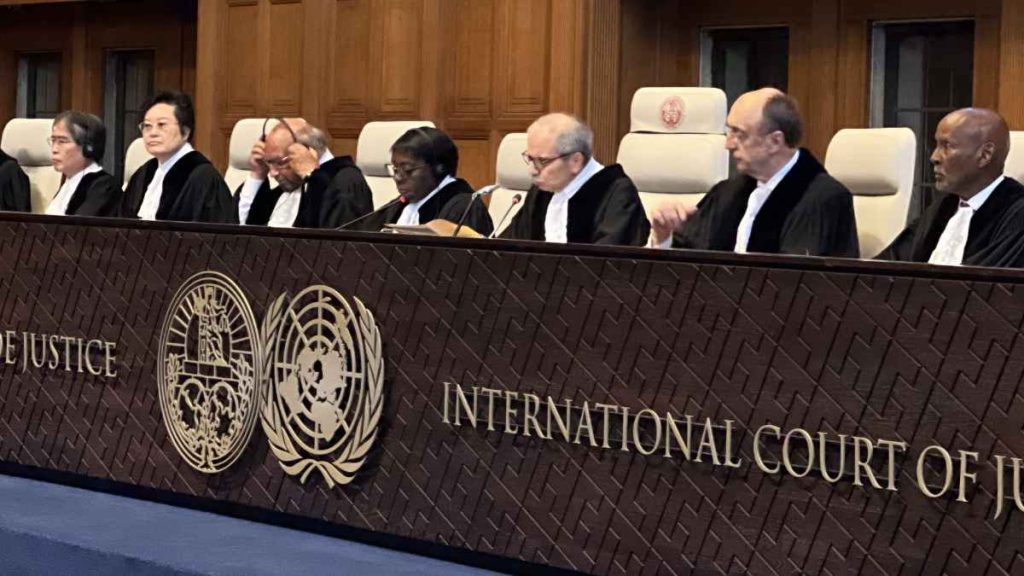The International Court of Justice (ICJ) has commenced historic hearings to determine how nations must legally act to protect the planet from climate change. Spearheaded by Pacific island nations like Vanuatu, the proceedings seek an advisory opinion on international climate obligations and the accountability of major polluting states.
Representatives from over 100 nations and organisations—the largest ever number for an ICJ hearing—will present their cases over two weeks at The Hague’s Peace Palace.
Key questions include: What are nations’ legal duties to curb greenhouse gas emissions and protect the Earth’s climate system? What responsibilities do polluting states have for climate harm, particularly for vulnerable nations facing rising sea levels and extreme weather?

“We are on the frontline of climate change impact,” said Ralph Regenvanu, Vanuatu’s special envoy.
The court’s advisory opinion, expected in 2025, will not be legally binding but could shape climate litigation and inform national and international policies.
Experts anticipate it will provide a foundational legal framework for addressing climate damage, rather than specific solutions.
The hearings come as carbon emissions from fossil fuels reached record levels this year, derailing the 2015 Paris Agreement’s goal of limiting global warming to 1.5°C above pre-industrial levels.
As climate impacts escalate, developing nations hope the ICJ’s guidance will hold wealthy polluters accountable, though skeptics fear the process may yield limited immediate impact. The outcome could redefine international climate governance and provide vulnerable nations with tools to demand justice on a warming planet.


